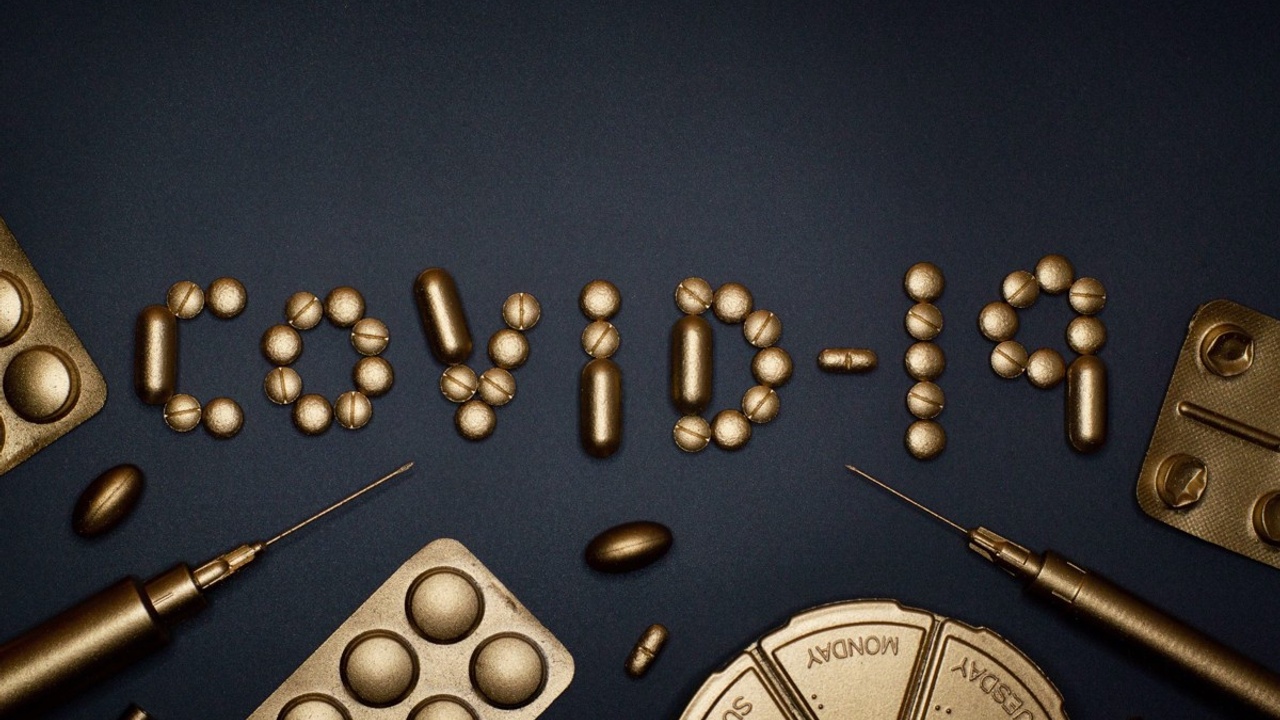[3-MINUTE BLOG] 7 COVID-19 MYTHS DEBUNKED BY SCIENCE

Reading Time: 3 minutes
Social Media is more of a curse than a blessing. The amount of misinformation that is prevalent is simply unbearable. Most people don’t pay attention to the authenticity of the message. Instead, they believe everything their friends and family share with them.
Indeed, Allah subuhanawuta’ala has revealed guidance on how we should examine such information from unreliable sources, like that from social media and the internet. He says in the Quran: “Believers, if a troublemaker brings you news, check it first, in case you wrong others unwittingly and later regret what you have done.” (Al-Quran 49:6)
So double-check the information before you spread it. Don’t be those who spread false news. Don’t assume that everything you receive from your social circle is true. Spreading false information could potentially harm your reputation and more importantly harm others.
As you may know, many myths are circulating on social media regarding COVID-19.
In this article, I would like to present seven such myths that are debunked by science.
Instead of spending hours digging for rigorously researched scientific evidence, I go straight to Examine.com. This website has been my companion for accurate and reliable information on nutrition and supplementation science for the last 5 years.
The independent researchers on Examine.com simplify nutrition and supplementation through meticulous analysis of the latest scientific research. So when they debunk myths and provide all the evidence, I’m all up for it.
The myths I provide below are basically a summarisation of an excellent article that is published in examine.com. Please visit this pageif you want to access their full body of evidence.
I’ve rewritten and reformatted a few ideas for the ease of readability.
Myth #1: High-pH foods kill the virus
You may have read that you can kill the virus by increasing the pH (very alkaline foods) of your blood by eating high-pH foods. You can’t. Except in case of severe disease (cancer, ketoacidosis, liver failure, severe poisoning …), your blood pH is tightly regulated to a healthy range by your body’s built-in buffering system. You can read more about this here.
Myth #2: Supplements have proven efficacy against COVID-19.
While some supplements show a small benefit for some respiratory infections, extrapolating those data to COVID-19 is highly risky.
You can take select nutritional supplements in reasonable amounts to help maintain your health. Moderate doses of vitamin D, for instance, to ensure adequate blood levels during the weeks spent indoors.
(check out my extensive article about vitamin D)
So don’t let supplements give you a false sense of security, and don’t take a kitchen-sink approach by using all the supplements that have any hint of effect. A supplement that helps mitigate influenza or rhinoviruses could theoretically worsen effects from the novel coronavirus, due to different viral mechanisms and symptoms.
Myth #3: If you have COVID-19, you can tell.
No, you can’t. A dry cough is more common with COVID-19, but a wet cough and a runny nose are possible. There is no easy way to distinguish between the coronavirus, flu, and common cold. You may have heard that if you can hold your breath for more than 10 seconds without coughing or discomfort, you don’t have COVID-19 — this is untrue.
Myth #4: You’re contagious only if you have symptoms.
When infected, most people don’t show any symptoms for several days. Some never do.
The incubation period of the virus has been reported as 2–14 days, with a mean of 5–6 days. One case study suggests that the incubation period could extend out to 24 days. That means you can be infected for quite a while and not feel sick.
Thus, you should practice social distancing, good sleep, eating, and hygiene habits such as frequent, thorough handwashing. By the way, wash your hands often with soap and water for at least 20 seconds and avoid other transmission-reducing habits even if you don’t feel sick.
Simply put, you could infect others, and others can infect you without knowing. Minimize interactions and maintain physical distance.
Avoid visiting the elderly and immunocompromised. Staying at home is necessary even if you are not sick. Avoiding other people will protect both you and them, whether or not you feel sick.
Myth #5: COVID-19 is dangerous only for older people.
Less risk ≠ no risk. Yes, it seems that, in China, less than 1% of the cases have been in children under 10; but that’s still a lot of children. And yes, in children, symptoms tend to be mild; but as in adults, underlying health issues can make them more severe.
In China, the youngest person to die was 10 months old. The second youngest, 14 years old. In the US, three children died between February 12 and April 2, 2020. Also, we don’t know what the long-term effects will be. And of course, young people can transmit the disease to older people, without necessarily displaying any symptoms themselves.
Myth #6: The virus will disappear when it gets warmer.
We don’t know for sure, but don’t hold your breath: as of mid-March, some countries with confirmed cases have already had days above 80°F (27°C). Warm and humid weather may slow the virus — but it isn’t likely to stop it.
Myth #7: Hoarding toilet tissue will protect you against COVID-19
Ok fine, no one said that 
Discover Life-Changing Insights with Our Exclusive Emails
Twice a week, get the tools you need to evolve from who you are into who you aspire to be!
We hate SPAM. We will never sell your information, for any reason.

